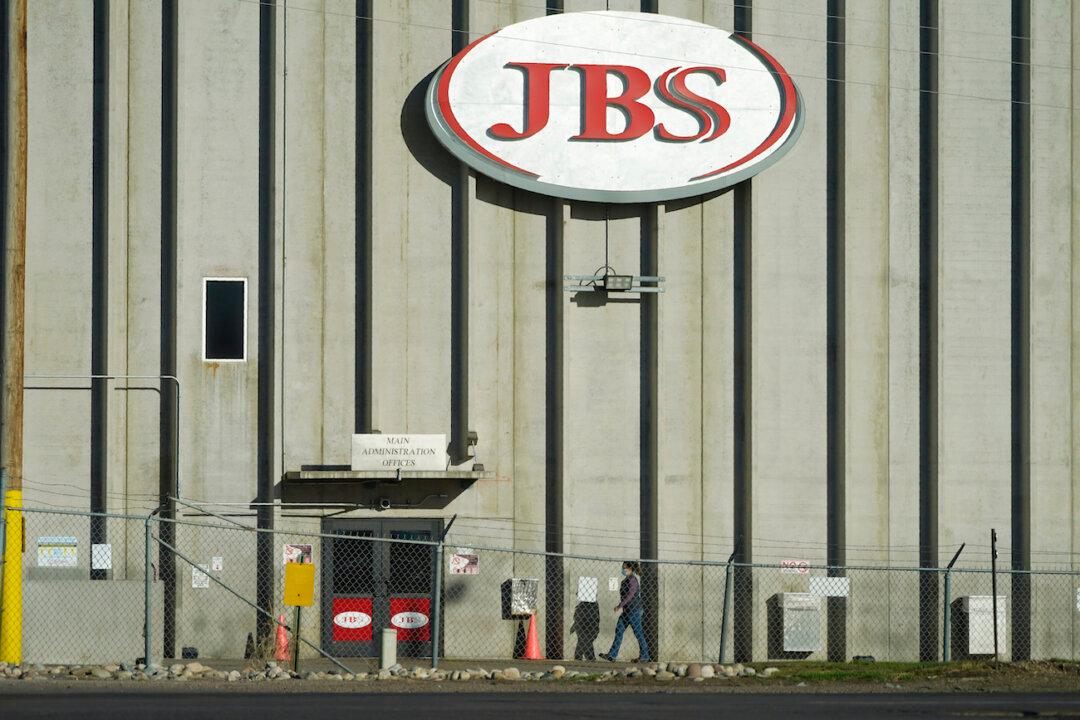A proposal by the world’s largest meat processing company JBS to acquire Australian pork producer Rivalea has sparked concerns that the merger could cripple Australia’s meat supply chain if JBS were subjected to a cyber hack, as it was in May.
The proposal, which needs approval from Australia’s Foreign Investment Review Board and the Australian competition watchdog, would see the Brazil-based JBS become one of the country’s largest pork producers.





